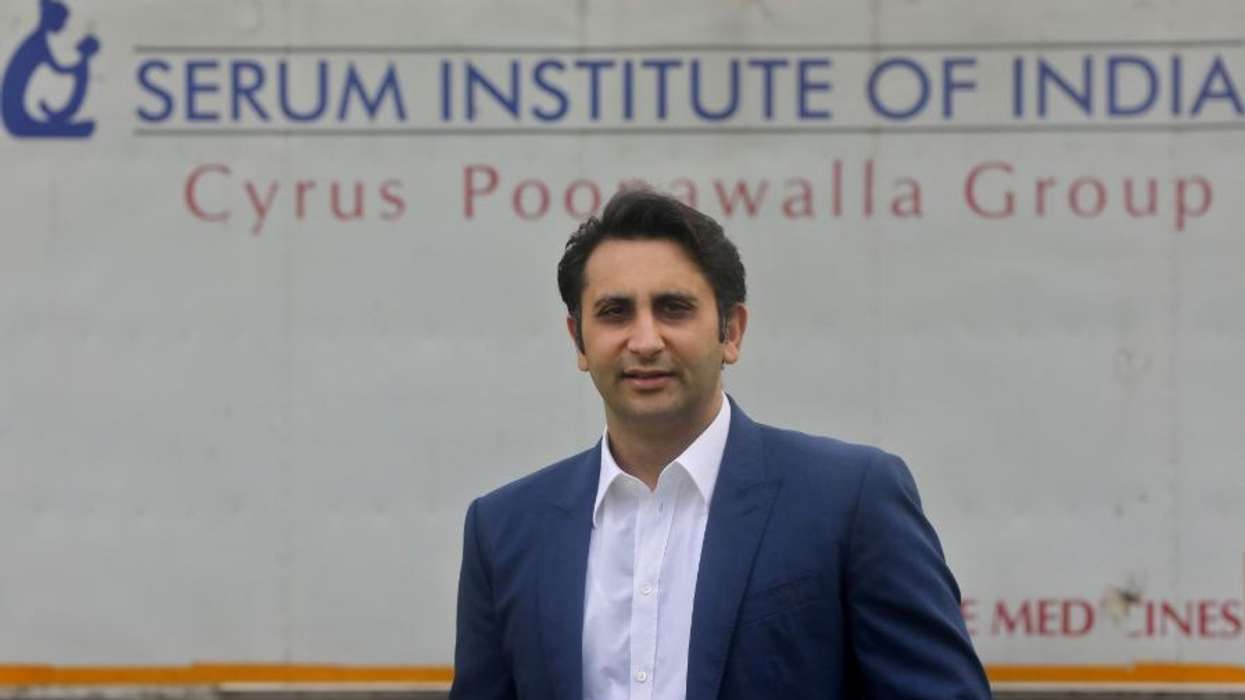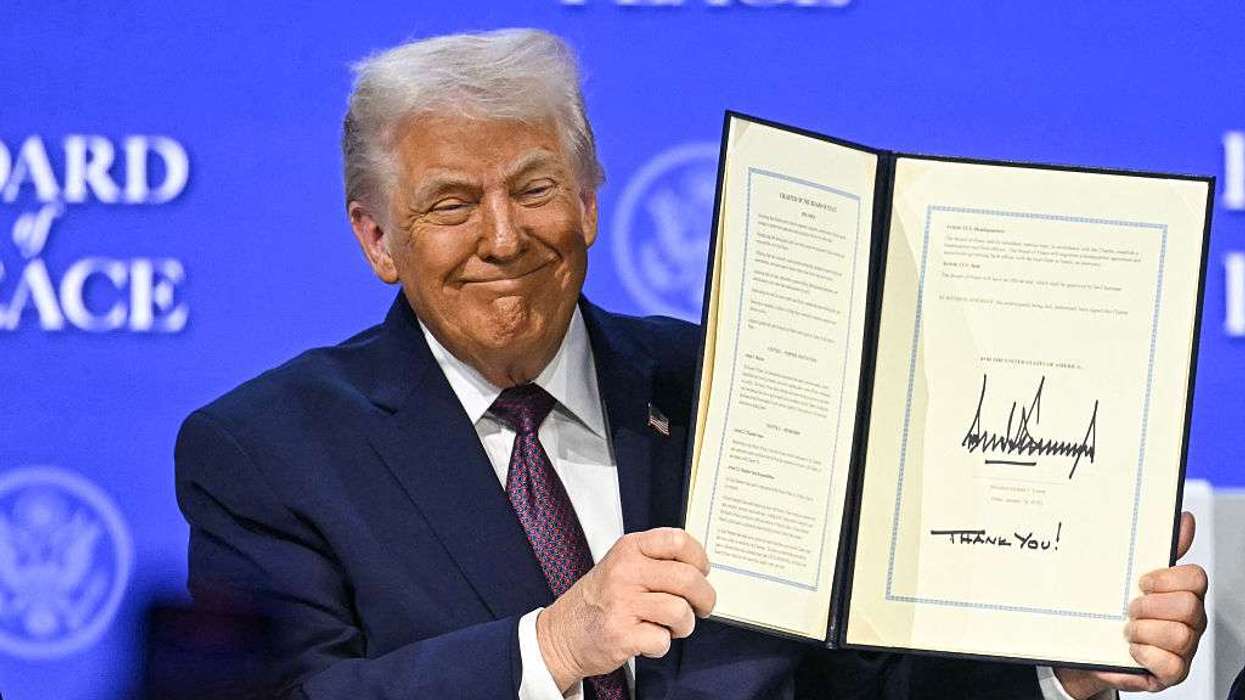India have kept faith with opener Prithvi Shaw while opting for Wriddhiman Saha ahead of Rishabh Pant as wicketkeeper for the opening day-night Test against Australia in Adelaide starting on Thursday (17).
Selectors also confirmed Umesh Yadav as the third seamer alongside Mohammed Shami and Jasprit Bumrah in the absence of the injured Ishant Sharma, while Ravi Ashwin won the race to be their frontline spinner ahead of Kuldeep Yadav.
The flamboyant Shaw was under pressure from another young talent -- Shubman Gill, also 21 -- to open the innings alongside Mayank Agarwal after just one decent knock in four warm-up innings.
But he will take the field for his fifth cap on Thursday while Gill continues his wait to earn a first.
"Shubman has not gotten opportunities at this level yet in Test cricket," skipper Virat Kohli said shortly before the team was announced.
"As and when he gets an opportunity, it would be interesting to see how he goes because he is a very confident young man.
"Prithvi has performed at the Test level, but he would be playing in Australia for the first time. I think it is very exciting to see his progress as well."
The dogged and experienced Cheteshwar Pujara will come in at number three, followed by Kohli in his only Test of the tour before heading home for the birth of his first child.
Vice-captain Ajinkya Rahane and Hanuma Vihari, who both scored centuries in warm-up games against Australia A, round out the middle order.
Pant, an explosive batsman who became a viral sensation on India's last tour of Australia with his banter behind the stumps, also stroked a quickfire ton against Australia A, but he was surprisingly overlooked in favour of Saha.
India won their maiden series 2-1 in Australia in 2018-19 -- including victory in Adelaide, although that game was not a day-night Test.
India: Mayank Agarwal, Prithvi Shaw, Cheteshwar Pujara, Virat Kohli (capt), Ajinkya Rahane, Hanuma Vihari, Wriddhiman Saha, Ravi Ashwin, Umesh Yadav, Mohammed Shami, Jasprit Bumrah



